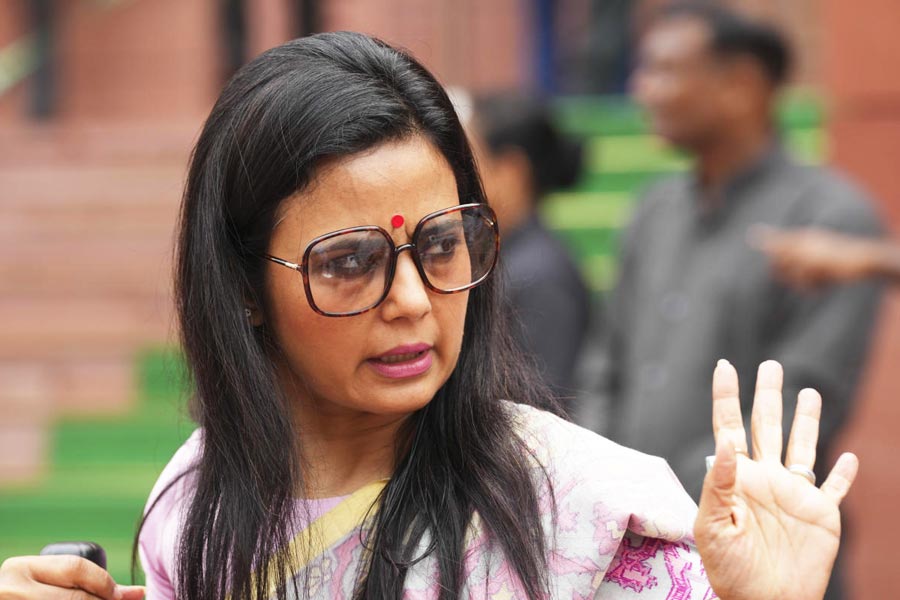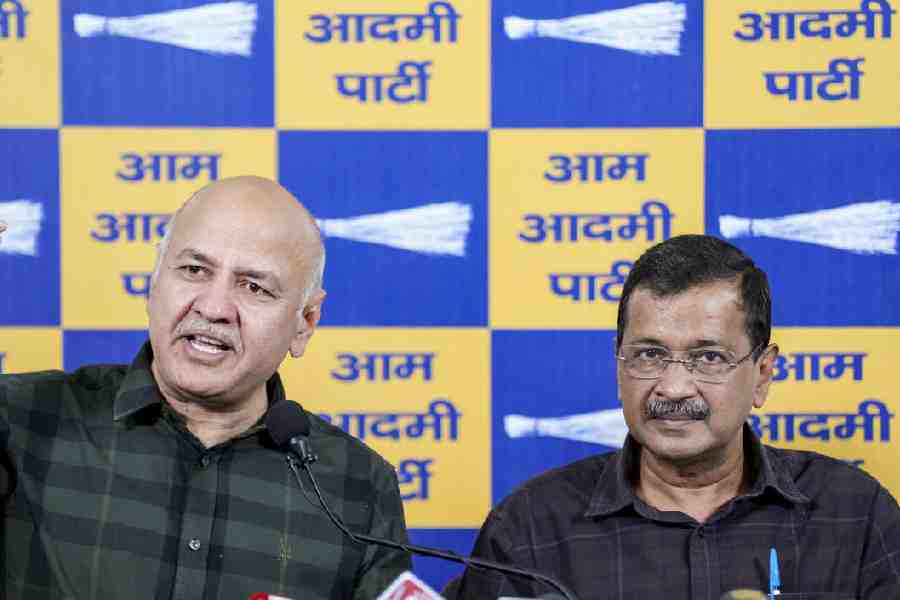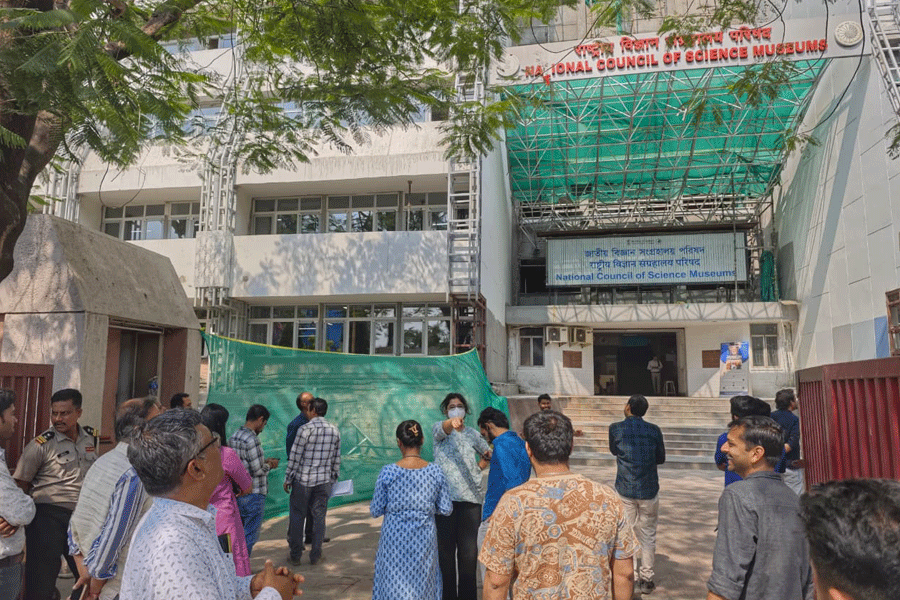Shakespeare's Juliet may have asked, “What’s in a name?” But in India, names are more than just words. And the Bharatiya Janata Party understands this well.
Over the past decade, renaming has become one of its most visible tools of governance. Allahabad is now Prayagraj. Faizabad is Ayodhya. Aurangabad is Chhatrapati Sambhajinagar. Mughal Sarai Junction has been renamed after Deendayal Upadhyaya.
Even the under construction Mughal museum in Agra has been rechristened in honour of Shivaji.
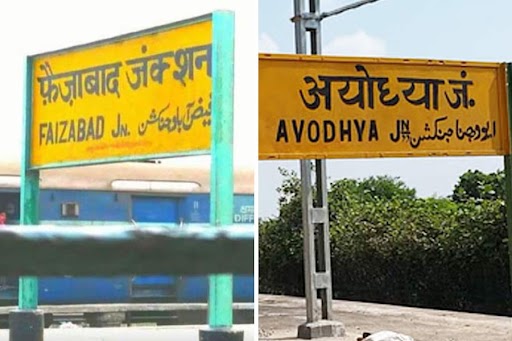
File picture
The latest addition to this strategy is the Waqf (Amendment) Bill, now repackaged with a new acronym, UMEED—a Urdu word meaning “hope.”
But what exactly does this “hope” entail?
At the heart of the controversy lies India’s vast waqf properties—8.7 lakh properties spanning 9.4 lakh acres, making waqf the third-largest landholder in the country, after the Indian Railways and the Armed Forces.
Under the Islamic law, these properties are dedicated to religious or charitable purposes and cannot be claimed by private or governmental hands. The UMEED Bill seeks to alter this.
The amendments propose:
Renaming the Waqf Act, 1995 to the Unified Waqf Management Empowerment, Efficiency and Development Act.
Dissolving the Waqf Board’s authority to determine whether a property is waqf.
Revoking the waqf status of government properties.
Allowing non-Muslim members and mandating two women in the Central Waqf Council.
The pattern
While the UMEED bill is the latest addition to the BJP’s renaming spree, it’s not the first.
The party has made a habit of rebranding everything...from cities to government schemes.
Between 2014 and 2024, the BJP government renamed at least 23 Congress-era schemes while presenting them as fresh initiatives.
The Pradhan Mantri Jan Dhan Yojana was the Basic Savings Bank Deposit Account with a new name. The Beti Bachao, Beti Padhao Yojana was a repackaging of the National Girl Child Day programme. The Deen Dayal Upadhyaya Gram Jyoti Yojana was the Rajiv Grameen Vidyutikaran Yojana renamed.
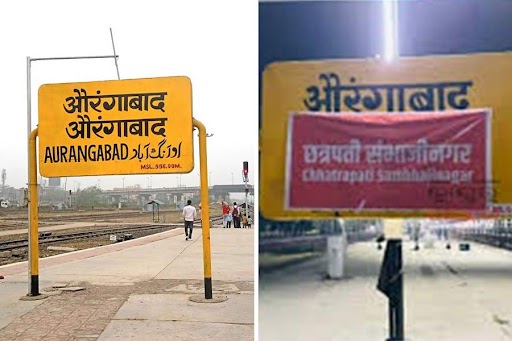
File picture
Even large-scale urban development projects followed the same formula—the Atal Mission for Rejuvenation and Urban Transformation (AMRUT) was the Jawaharlal Nehru National Urban Renewal Mission (JNNURM) with a different label.
Rijiju defends amendment
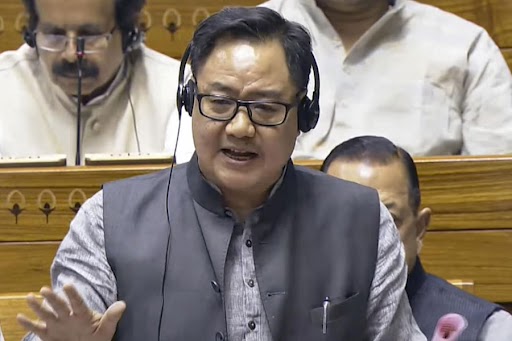
Union minister Kiren Rijiju. PTI
Defending the bill, Union minister Kiren Rijiju argued, "If we(BJP) had not introduced this amendment today, even the building we are sitting in could have been claimed as Waqf property. If Prime Minister Narendra Modi's government did not come to power... several other properties would also have been de-notified," Rijiju added.
The bottom line is that there's more to this renaming
With the UMEED Bill, the BJP has once again leveraged its renaming strategy.
Each of the name changes is justified as correcting historical "wrongs".
By changing a name, it rewrites what things stand for. Prayagraj is no longer the Allahabad of Akbar’s reign, it is now a symbol of Hindu heritage. But this time, the stakes are much higher than city names or government schemes. This is about land. About control. About power.
Renaming isn’t exclusive to the BJP only. Congress, too, has played the name game for decades. From Indira Gandhi International Airport to Rajiv Gandhi Stadium, Congress leaders have ensured their legacy is cemented in public infrastructure. All parties have used naming as a political tool...because in Indian politics, names are more than just words; they are claims to history, and narrative control, for the party in power.
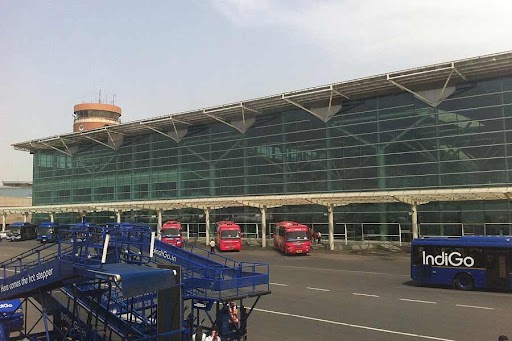
Indira Gandhi International Airport. PTI.
So, what’s in a name?
The question is no longer “What’s in a name?” The real question is...who gets to decide that?
Muslim organisations have denounced UMEED- the Waqf (amendment) bill.

